If you are planning to travel to Africa, and Uganda in particular, you need to ask two key questions: is it safe to travel to Africa? Is malaria a concern, and do I need medicine before traveling to Africa? In this article, we give you answers to these questions. Below are the answers.
Coffee a key stabilizer of polygamous marriages and friendships
Uganda is one of the few places in the world where coffee can grow naturally. As children, we used to go with our parents to the forest to harvest coffee. The trees just grew there naturally. At the time, I always thought that the trees had been given to us by the gods! Later in life, I discovered that coffee is grown in many parts of Uganda and serves varying purposes.
In Buganda the coffee beans were cured quite well, and elderly men often ate these beans during their free time. You would find an old man quietly chewing the coffee while seated on his stool. Whenever a friend visited, the host would quickly run to the house to get some coffee, often expertly wrapped in dry banana fibres (ettu lye’byaayi) as if they were enjoying a snack! We often tried to taste this coffee but the beans were as hard as stones, and even when we succeeded, it was not really sweet. As an inquisitive child, I wondered why the elderly men ate the roasted coffee beans. To date, I have never seen women enjoy coffee that way! Our ladies love to copy many things but they have failed on this one.
As part of our #entanda activities, I found out that coffee was a key marriage stabilizer. Polygamy was (and still is) common in this part of the world. One man would have up to three wives. He would allocate each wife a week, meaning that he would need three weeks to return to a given wife. But he would be busy almost every night. This was quite exhausting! And by 50 years he would surely be weak – and no man wanted to disappoint his wife between the sheets. This was a core lesson during their upbringing. So to maintain his bedroom performance, he needed some coffee! A lot of elders believe that roasted coffee beans improve their blood circulation as well as their bedroom duties. And the wives too are smart. When one’s turn is due, she will complement the coffee with certain vegetables for her husband’s dinner. Additionally, chewing the coffee beans helped a man to quietly reflect and meditate about many things. You would say that they ate coffee to relax their minds.
Away from marriage, coffee was used to seal permanent friendship, allowing two friends to become “blood” brothers (okutta omukago)! How did they do this? The two men (interestingly not women) would get two coffee beans. Each would make a small cut on his navel for blood to come out. He then bit the bean into two and smeared a piece in his own blood. He would give this piece to the friend who would then eat it. The friend would also repeat the same. At the end of this ritual, the two would have a feast and from that point on, they would be brothers. Such a brother was sometimes closer than biological brothers because he was considered a true friend. He was officially introduced to the family and could actually inherit property of his friend in case of death! Interestingly, to date, there is no know woman who became someone’s sister through this method! This is how important coffee was to the men of Buganda! It is not just a cash crop.
Further Reading
If you have ever studied African history, there is a big chance that you learnt about the Chwezi dynasty! You must have learnt that these guys were Demi gods, able to do things that no one else did. A good example is here.
The President of Uganda on 20th September 2020 announced the opening of Entebbe International Airport and land borders. This came after a period of six months since tourism was put at a standstill due to COVID-19 pandemic that forced these tough but necessary precautions on everybody. A few days later, on the 25th of September, Hon. Tom Butime, the Minister for Tourism Wildlife and Antiquities officially relaunched primate tourism in Uganda. You...



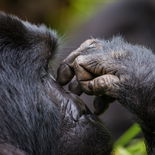






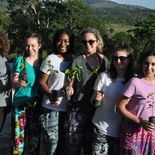
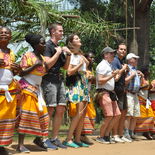


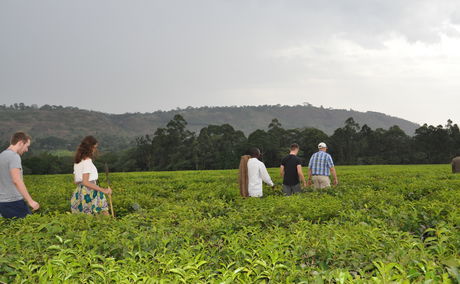
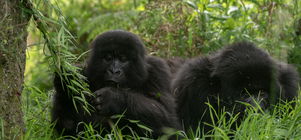
Share This Post